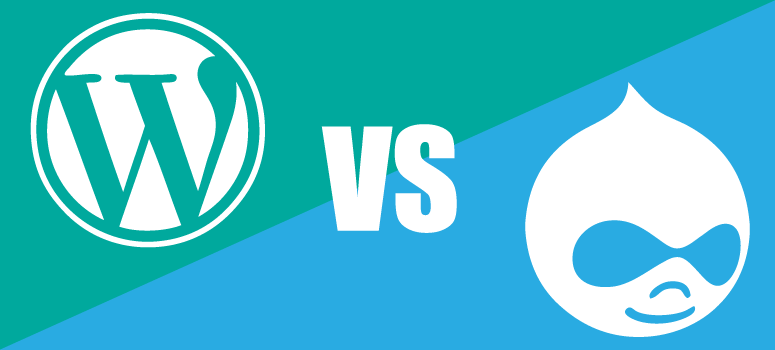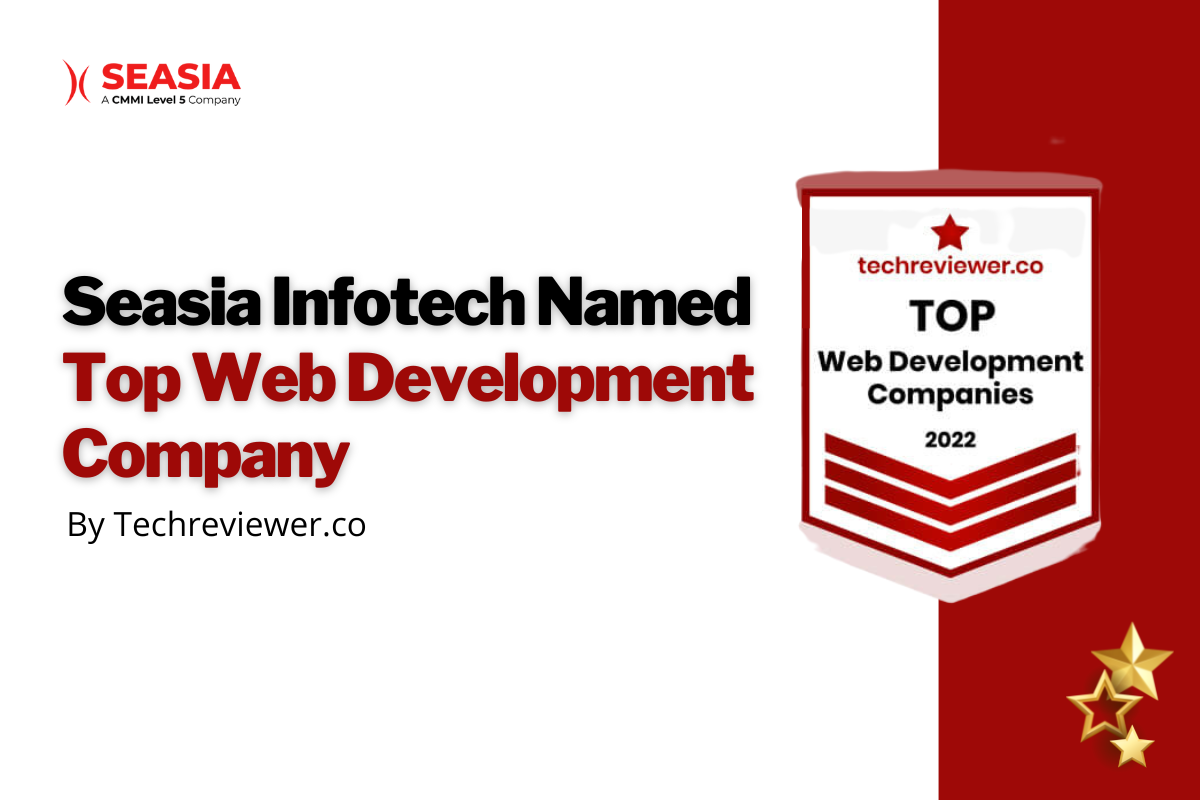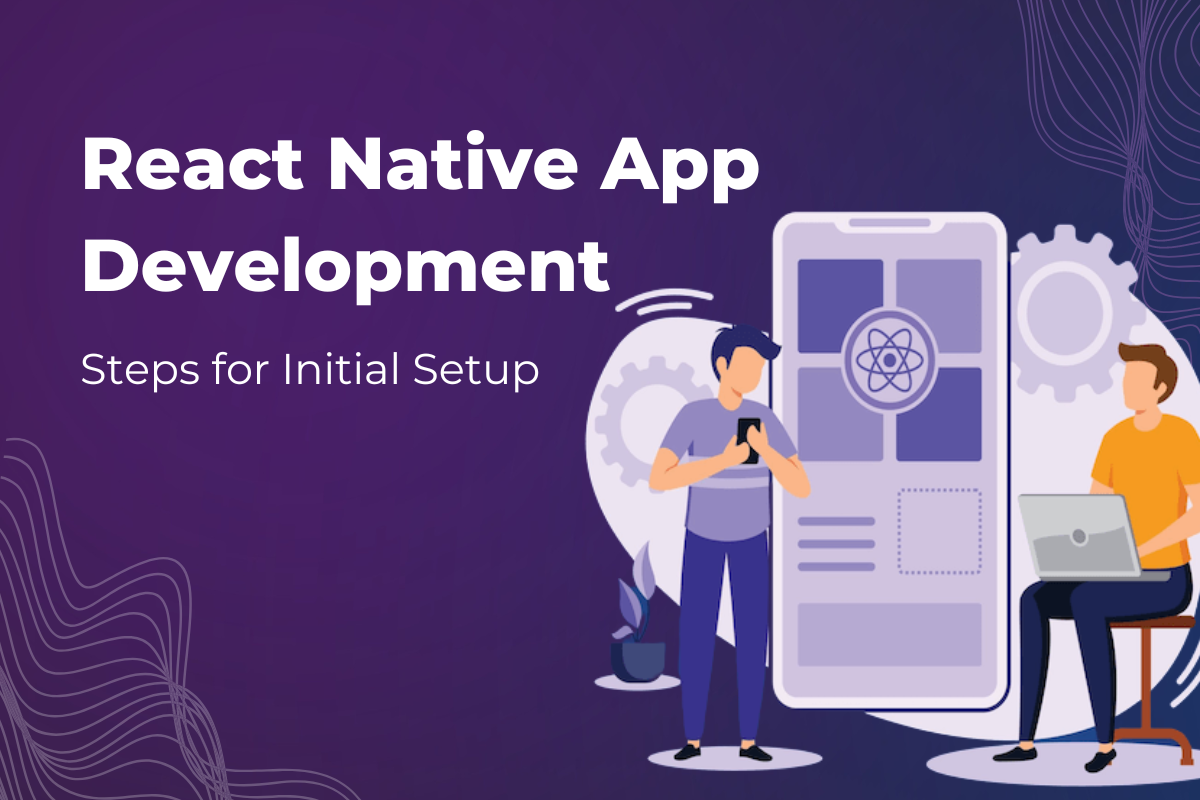It is true to say that WordPress has its place, it is easier to use, faster to build and has many plugins that can provide all the functionality that you need. For this reason, at Seasia we offer both WordPress and Drupal development services and are competent enough to develop and maintain any type of website you may need.
However, the decisive issue is to choose the right platform for a website, one that not only covers your needs today but also your future emerging needs. This again is a vital point, as having to move a website from WordPress to Drupal is not an easy task that any Tom-Dick-Harry could do. It’s better to get it right at the start.
At Seasia, we take enough time to understand where our customers stand today and where they want to be in the next couple of years and what they want their website to achieve. We guide our clients about the best solutions for their website, but it might interest you to know why we advise WordPress to some and Drupal to others. The following article comprehends our knowledge on PHP web development services.
In comparison to WordPress, Drupal is an absolute beast! The categorizations and core structure in Drupal took us a while to get used to. Yet, after constructing numerous websites with Drupal, we slowly and surely started loving Drupal as the CMS of choice for websites and web applications for enterprises. If your web application or web project requires user permissions, you’ll find Drupal’s functionality hardier than that of WordPress. However, Drupal is more supple when it comes to API development and its default caching physiognomies are more robust than the latter.
Below is an analyzation of the key differentiators between the two CMS’s that will help you navigate in the right direction headed for you:
Security
Security is indisputably the biggest differentiator between WordPress and Drupal. Drupal has an enterprise level security and site scale because of which numerous government websites are built with Drupal. With WordPress, on the other hand, hackers can easily target susceptibilities in plugins and destroy hundreds and thousands of websites. There is some street cred behind the damage that can be done to the WordPress ecosystem.
In the past few years, there has been a significant rise in the platform specific hosting applications that help to manage your security risks. For Drupal, our favorites are Pantheon and Acquia. In WordPress, we first managed the platform with WP Engine and now manage it by MediaTemple. Most security exposures happen at the server level, and hosting with one of these companies will help in militating against a mess.
Responsive Design and Development
Both the CMS’s have solutions to responsive images, however, they take different tracks:
With WordPress, image sizes per break points are declared in the functions.php file. But beware, some themes will scale with images with CSS which can also lead to performance issues.
Drupal, on the other hand, allows you to set image sizes inside the admin by using the Image Style module. This indeed takes a little of setup time, but your work can be done under the admin rather than the PHP files.
On the brighter side, both the CMSs have modules and plugins that provide inherited support by allowing you to rejuvenate your previously generated images. If you are building a new theme and need to put in new images, then the regenerate thumbnail plugin is a handy little tool for you.
As concerns with the actual design aspect, both the CMSs are designed agnostics and allow you to design your template as per your requirement. Both the CMSs have starter responsive themes that can hasten the development time and even allow you to design within the browser.
Mobile Theme or Mobile Development
If your website strategy calls for a dedicated mobile theme, both WordPress and Drupal have starter themes to help your website get a market quickly. WPTouch is a tried and tested solution for WordPress and there are other plenty themes for Drupal available on drupal.org.
Though there is a core difference between how WordPress and Drupal handle content for mobiles. With Drupal, you can have additional content fields that will just display on the mobile devices.
Furthermore, for the content that will be displayed on the mobile, most Drupal mobile themes are better run off a sub-domain (e.g. m.yourdomain.com). This can create encounters regarding mobile indexation on the search engines and your mobile process search process needs to be really considered. On the other hand, WordPress mobile themes can overspill the same subdomain, which is normally www, and will not generate any SEO issues.
To the concerns of content editing on mobile, WordPress has an exceptionally nice native mobile app. It is an awesome application if you update your blog in real time. Drupal does not have a native app, but the admin at Drupal 8 is responsive and executes a solid mobile strategy.
Search Engine Optimization
SEO is platform agnostic and there is no particular SEO advantage towards either CMS if it was developed using the best standards. However, Drupal websites can go terribly bad if the developer does not know what he is supposed to do. WordPress, in contrast, has fewer margins for errors.
When perfecting your on-page optimization, consider the following factors:
Page load time: The default caching features in Drupal are really robust and out of the box. The WordPress caching plugins should be utilized.
Content Delivery Networks: These can be integrated with other content to serve the assets to the closest local distribution point.
Schema.org execution: Schemas can be executed to Drupal’s views, or can be hard-coded in the template files. The same process works for WordPress.
Future Proofing
Let come 2018 and the last thing you would want to do is hop in the time travel to go back to the future to change your mind on your desired CMS.
Let’s understand some core concepts about these two:
WordPress: The code in WP is upgradable, but the database requires an update which is done seamlessly in the background. The release schedule in WordPress is about 3-4 months. One has to update plugins whenever available; however, it’s an automated approach to keep up the better security practices.
Drupal: The Drupal database is upgradable while the code is not. Upgrading from versions is quite intensive and, usually revolves around redesigning. In other words, the content that is stored in the database will be able to migrate to the latest version, but most of the codes will need to be rewritten.
User Interface
We witness scenarios where new clients debate WordPress or Drupal and often hear the dispute that Drupal is too hard to learn or is dreadful to update. If the client has used WordPress earlier, they will prefer WordPress even now.
We believe that this reasoning shoots from the fact that Drupal nodes have associations and dependencies. This means that a piece of content has the ability to appear all over the website, and not just on one page. You will have to think through ‘Okay, if I publish this piece of content, will it show on the other places as well?’ there are content types, taxonomies, views, blocks and more that leads to a learning curve with Drupal.
In due course, when determining a CMS, we recommend considering the following questions:
- How many different content types or page templates do you need?
- Do you have different user permissions? Such as a content editor, site admin, access to private content and the like.
- Is your budget healthy enough for Drupal development contrasted with WordPress? Usually, it takes 2 to 3 times to develop a Drupal website as compared to WordPress.
- Do you need enterprise-level security?
Some other differences between WordPress and Drupal include:
Market Share: WordPress has an extensive scale adoption and a plethora of plugins suitable for smaller websites.
Theme Market: WordPress has an incredible theme market for do-it-yourselfers. Never ever buy a Drupal theme! There are remarkable Drupal starter themes as well, but Drupal development is not the type of CMS that you can whirl on a theme. It is a custom development.
Content Types: Drupal supports multiple website stakeholders such as editors, admin, private groups, logged in users requiring customized content, and the like.
Deployment Time: WordPress is easier to develop a website from the start to finish. WordPress is perfect if you have negligible content types and are building an all-purpose marketing website.
Admin Experience: Drupal has a clean admin experience for content editors. With WordPress, you can use the Advanced Custom Fields segment to create a like experience.
Multilingual: Multilingual or multi-national websites can be easily arrayed with out of the box Drupal features.
API and App Development Projects: Drupal, in general, have more strong features for complex projects. The integration of Drupal 8 web services takes this feature to the subsequent level.
Any web development company in India will recommend the CMS that they are most familiar with, without considering the needs and objectives of your website. Knowing which CMS is perfect for your project will in due course save you both money and time, today and in future.



